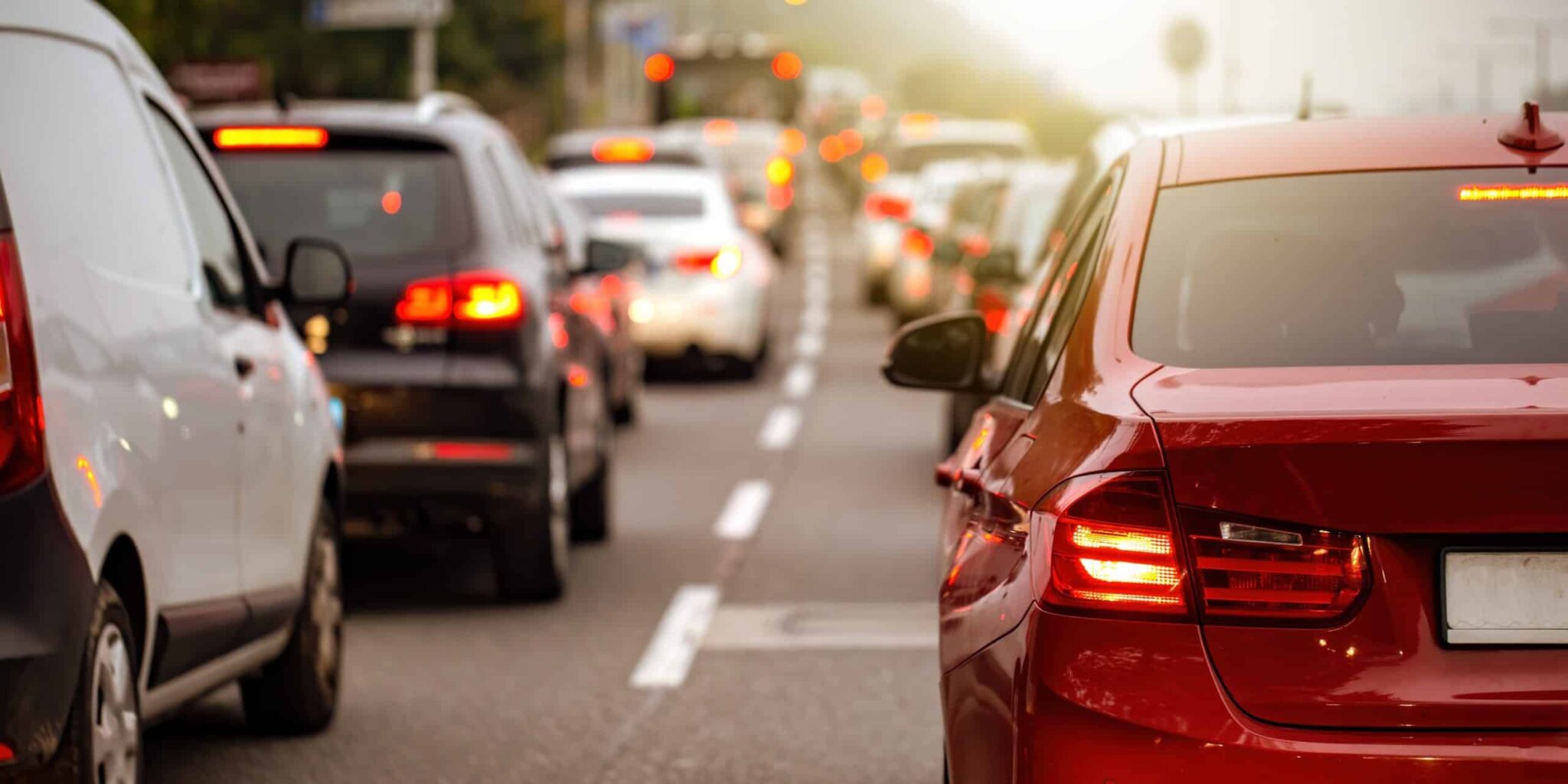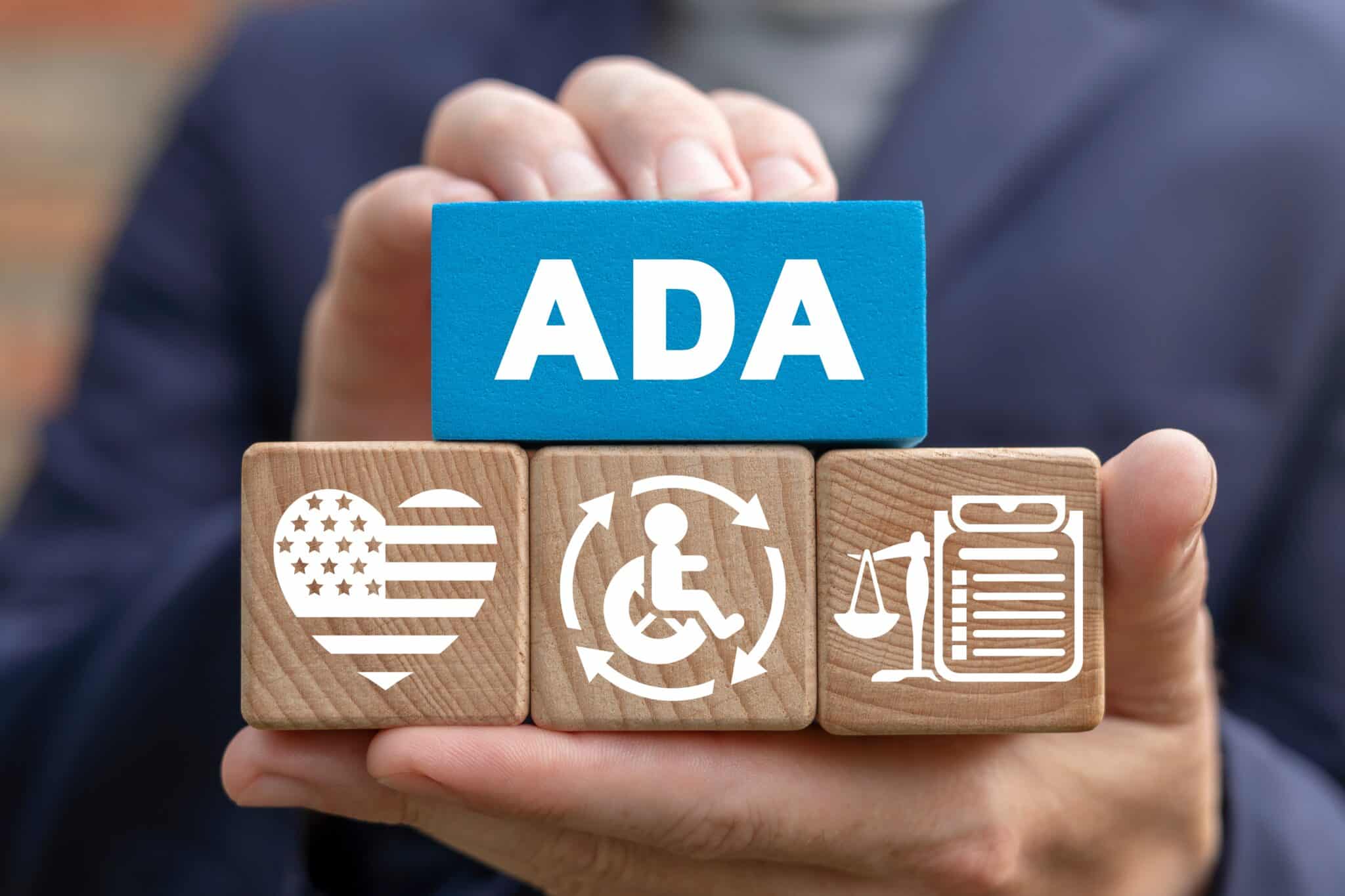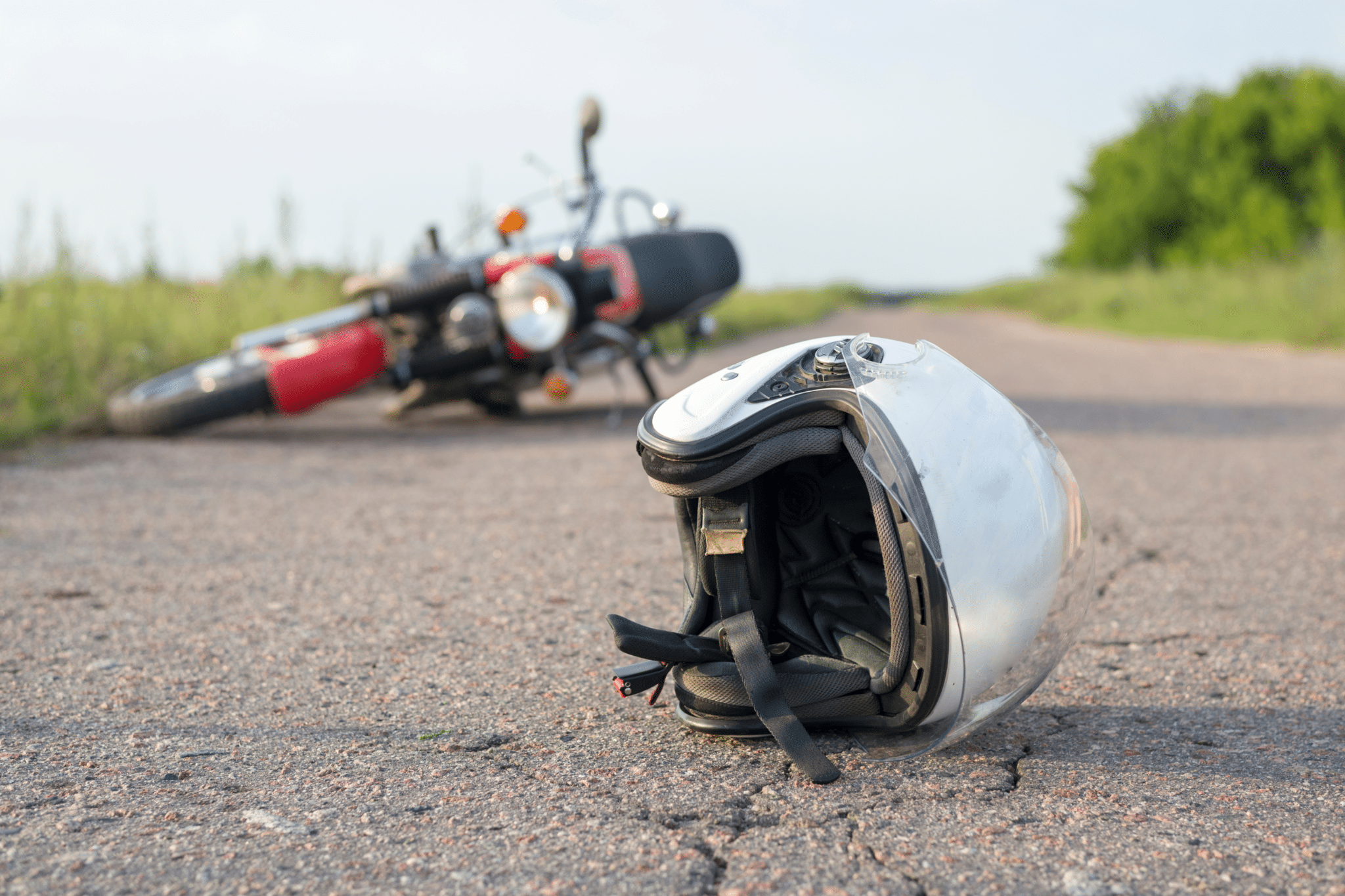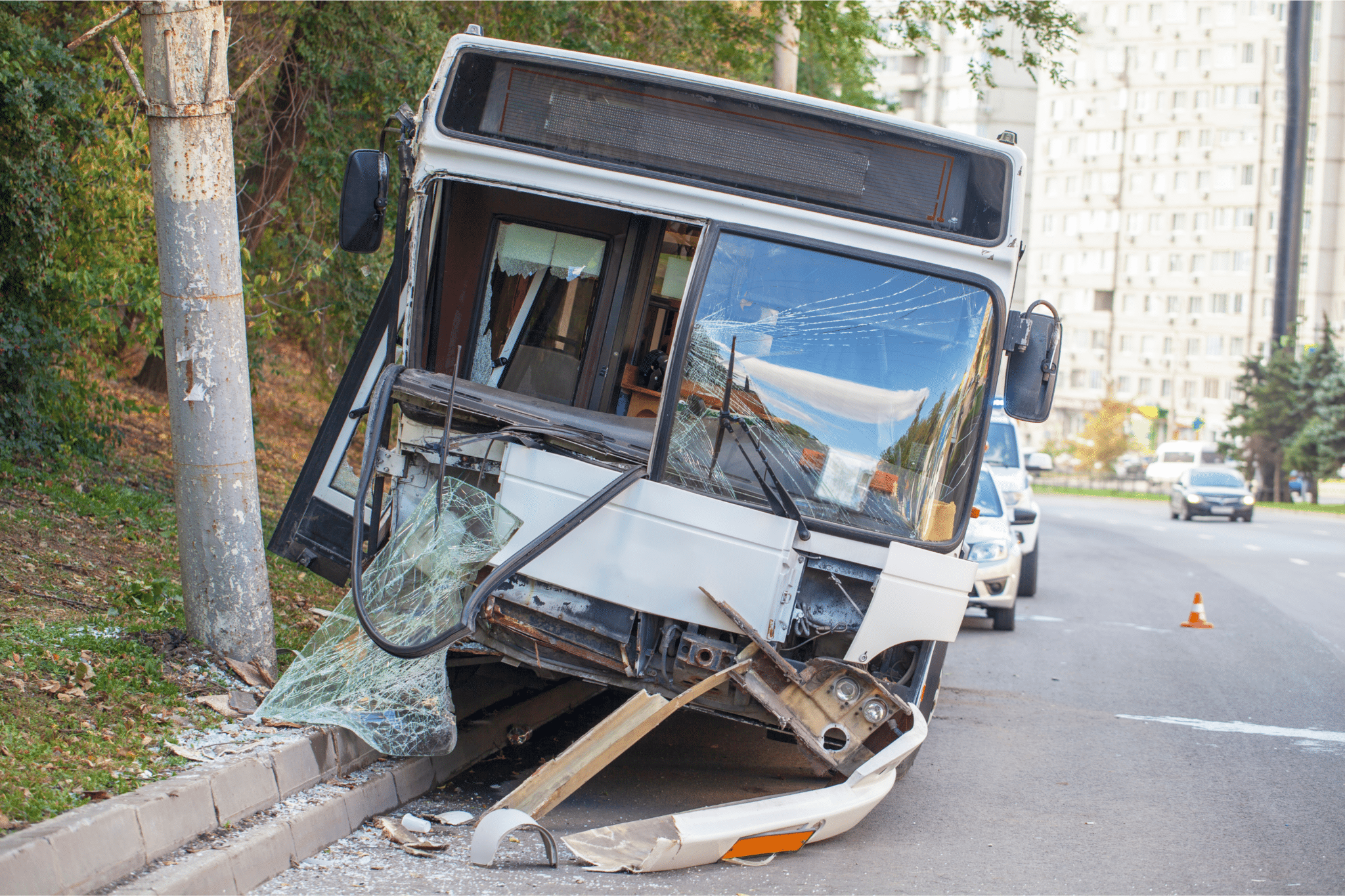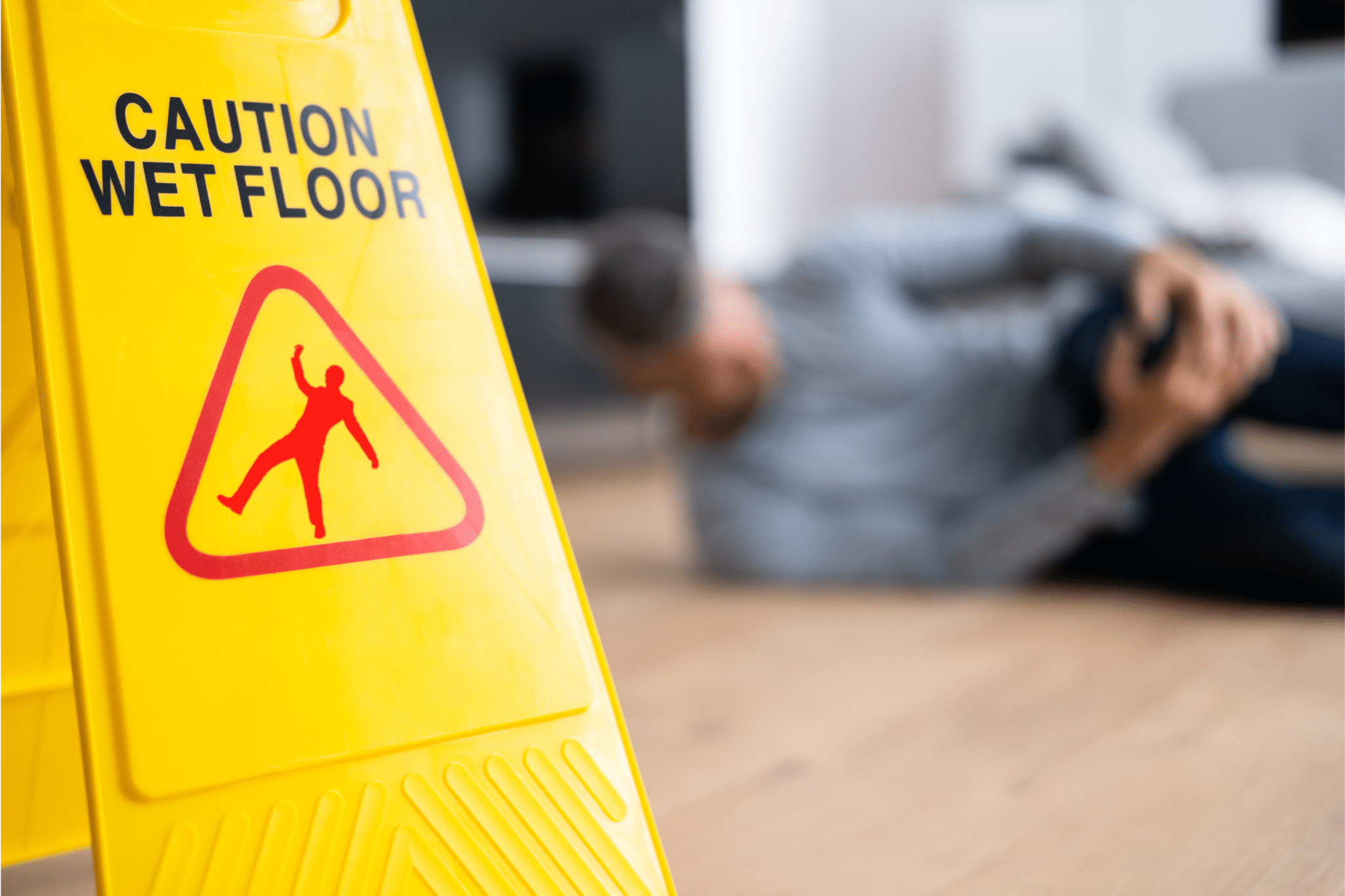No Brake Lights — Can a Rear-End Collision Be Your Fault in Florida?
When most people rear-end the car in front of them, they assume the fault lies with them. However, there are some situations where this isn’t the case, such as the car in front of you failing to have proper brake lights signaling their stop.
Is it all your fault when you’re involved in a collision with a car with no brake lights? The laws in the state of Florida govern this scenario and help the courts figure out who is responsible for the accident. Here is what you need to know.
Brake Lights in Florida
There is a reason vehicles have brake lights – they’re there to let you know when you should slow down to avoid a rear-end crash. If you are driving down the road and don’t see brake lights, you may have no idea until it’s too late that someone in front of you is slowing down or stopping.
In the state of Florida, every vehicle operated on a highway is supposed to have lighted lamps or illuminating devices on it. These don’t just mean headlights but also brake lights, turn signals, or any other signaling device. Each vehicle on the road should have two brake lights mounted on the rear. Not having the proper lights on a car is considered a moving violation. And if an accident occurs, it may place liability on the vehicle’s driver without the appropriate brake lights.
Who is At Fault?
If you are in an accident involving a car without brake lights, then you need to call the police to the scene immediately. Getting an accurate police report is your best chance of showing that the other vehicle had no brake lights and that you are not at fault. Explicitly inform the police taking the statement that the other car had no brake lights.
In the scenario, the other driver should be legally liable for any injuries or property damages you sustain because they were negligent.
Only leave the accident scene after contacting the police, and make sure to request and get a copy of the police report. It is vital to prove in court that you were not at fault.
What About Comparative Negligence?
Florida operates under a system of comparative negligence. Each party in the accident is assigned some percentage of fault. This percentage directly impacts the total damages that can get recovered.
If responsible for 30 percent of the accident under Florida’s comparative negligence laws and are awarded $100,000 for damages. As a result, you could only get awarded $70,000. Your 30 percent at fault gets deducted from the amount awarded.
Statute of Limitations
You only have a certain amount of time after an accident to file a personal injury case. In Florida, that time is four years from the day of the collision. Declining to file within that time frame means you will not be allowed to bring a lawsuit.
If you hit someone because they didn’t have brake lights, meet with an attorney to help you get the compensation you deserve.
About the Author:
Andrew Winston is a partner at the personal injury law firm Winston Law. For over 20 years, he has successfully represented countless people in all personal injury cases, focusing on child injury, legal malpractice, and premises liability. He has been recognized for excellence in representing injured clients by admission to the Million Dollar Advocates Forum and named one of America’s Top 100 High-Stakes Litigators. Mr. Winston is AV Preeminent Rated by the Martindale-Hubbell Law Directory, enjoys a 10.0 rating by AVVO as a Top Personal Injury Attorney, and has been selected as a Florida “SuperLawyer” from 2011-2022– an honor reserved for the top 5% of lawyers in the state – was voted to Florida Trend’s ”Legal Elite,” recognized by Expertise as one of the 20 Best Fort Lauderdale personal injury attorneys, named one of the Top 100 Lawyers in the Miami area for 2015-2022, and one of the Top 100 Lawyers in Florida for 2015-2017 and 2019-2022.
 Birth Trauma in FL: Do You Have a Case?
Birth Trauma in FL: Do You Have a Case? 